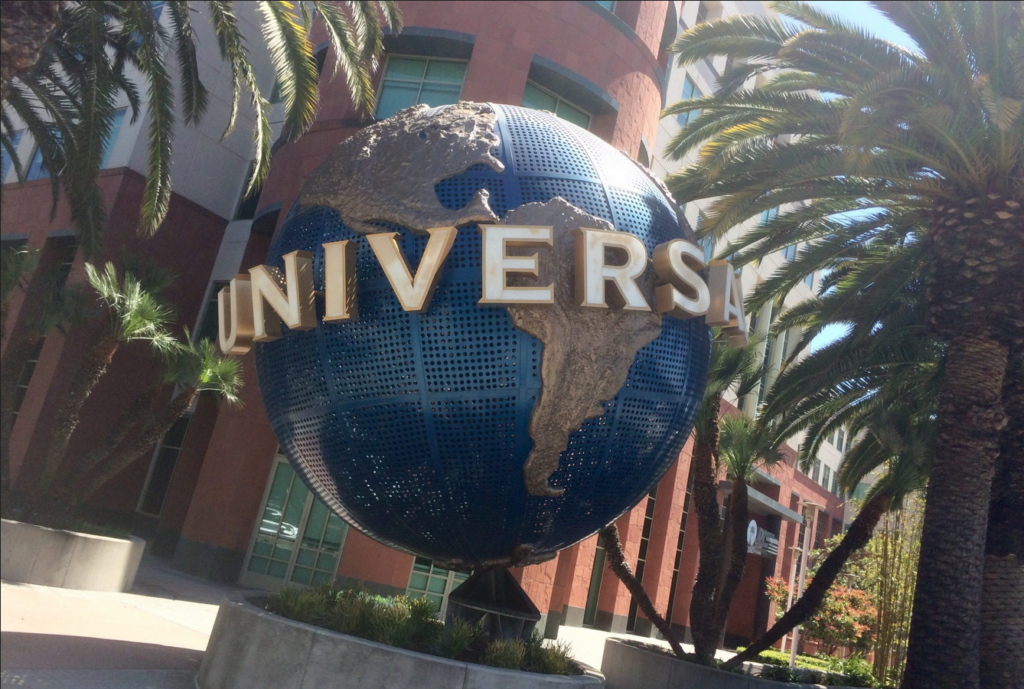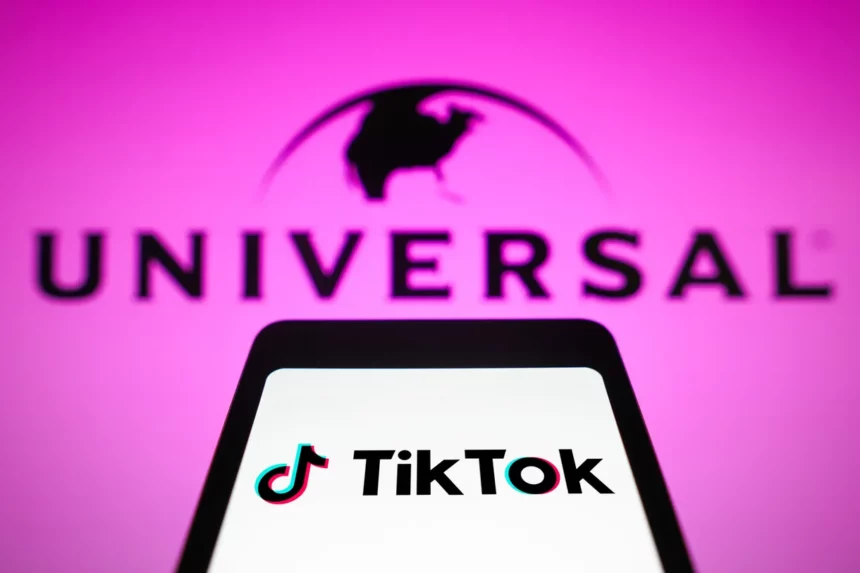At the close of January, Universal Music Group (UMG) encountered a setback in negotiating a new licensing deal with TikTok, prompting the removal of its entire music catalogue from the app. Instantly, numerous videos featuring music by renowned artists such as Drake, Taylor Swift, and Bad Bunny fell silent.
UMG stated that it made this decision due to TikTok offering only a fraction of the rate provided by other social platforms. Conversely, TikTok argued that Universal prioritized “their own greed above the interests of their artists and songwriters.”

Some affected artists and songwriters voiced their discontent with the situation. “I think it’s ass-backwards, and at the very least we should have known,” expressed Jack Antonoff to reporters in the press room after receiving the Producer of the Year award at the Grammys earlier this month. “You got a whole industry being like, ‘You’ve got to do everything; you’ve got to do everything, and here’s where you’ve got to do it,’ and then one day it’s like, ‘Poof!’“
Musicians weren’t the sole individuals dismayed by this disruption. Content creators like Jarred Jermaine, who analyzes music samples on TikTok, shared a tearful video asserting that videos featuring UMG music were removed. Dancer and content creator Lars Gummer informed the Daily Beast of his transition from “shocked” to “disappointed.”
“Most of my friends in LA are content creators, especially dance creators,” he remarked. “So immediately we all were angry about the decision made between UMG and TikTok.”
In a recent episode of Today, Explained, digital activist and writer Cory Doctorow shared with host Sean Rameswaram his perspective on companies like TikTok not being obliged to consider the disruption they cause to users. Doctorow introduced the term “enshittification” to describe the process wherein digital platforms initially attract users with unique offerings, only to degrade their experience later to accommodate business partners.
“I think that the calculus that TikTok is making is that they would rather inflict pain on their customers than on their shareholders,” Doctorow opined. “So whatever it is that Universal was asking, [TikTok’s] customers could live with that pain, with having the videos that they worked on for hours or days or weeks and put maybe thousands of dollars into suddenly rendered silent because TikTok decided not to step up for their interests.”






